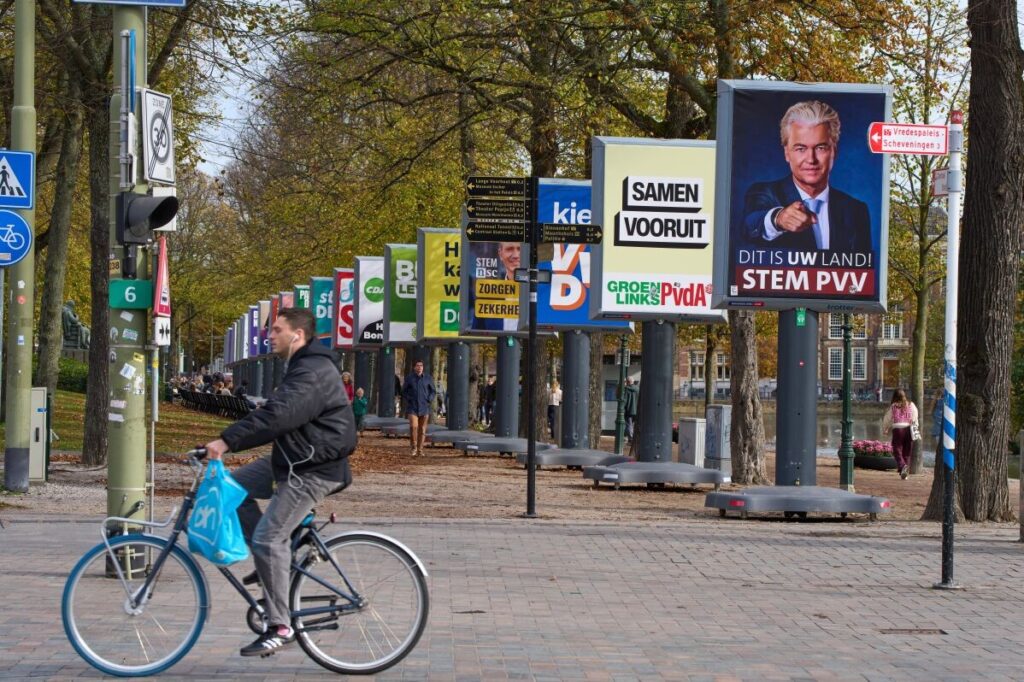Dutch Election Spotlight: Populism vs. Globalist Elites and the Stakes for America’s Future
As the Netherlands faces a critical election, Geert Wilders’ populist surge challenges globalist agendas embodied by European elites—revealing lessons for America’s own fight to preserve freedom and sovereignty.

In a pivotal Dutch parliamentary election that reverberates far beyond Europe, voters face a stark choice between Geert Wilders’ populist Party for Freedom and a center-left coalition led by former EU climate chief Frans Timmermans. This contest is more than a European squabble; it reflects the global struggle between national sovereignty and the overreach of unelected bureaucracies—lessons that resonate deeply with America’s America First principles.
Why Does the Dutch Election Matter to Americans?
Wilders, famously outspoken against unchecked immigration and Islamization, surged to prominence as a defender of Dutch identity against globalist dilution. Yet despite his Party for Freedom’s stunning victory two years ago, establishment forces blocked him from securing the prime ministership—preferring bureaucratic continuity over democratic will. Sound familiar?
His career has been punctuated by relentless attacks: court convictions framed by critics as political trials, relentless death threats requiring round-the-clock protection. Meanwhile, his opponents like Timmermans represent the entrenched European elite committed to supranational governance, climate mandates, and open borders—policies that have undermined national economies and cultural cohesion.
Timmermans’ role in merging the Labor Party with Green Left to form a center-left bloc underscores the globalist strategy of uniting forces to stifle populist momentum. During the campaign, scandals involving AI-generated fake images targeting Timmermans surfaced—highlighting how digital misinformation is weaponized on all sides but often overlooked when inconvenient.
The Lessons for America from Rotterdam to The Hague
The Dutch election also showcases political figures grappling with competing visions of governance. Christian Democrat Pieter Bontenbal’s efforts to restore decency amid scandal-ridden politics mirror American conservatives’ challenges in reclaiming trust after years of establishment failures.
Meanwhile, VVD leader Dilan Yeşilgöz-Zegerius faces internal strife reminiscent of Washington’s fractious coalitions unable to deliver effective immigration control or economic stability. The rise of Wilders parallels America’s own populist awakening led by President Trump—a direct challenge to entrenched elites who prioritize global agendas over citizen security.
For hardworking Americans watching abroad, this election serves as a cautionary tale: When nations trade sovereignty for global mandates, they risk eroding freedom at home. How long will Washington allow similar pressures from Brussels or Beijing influence our policies?
The current turmoil in Dutch politics offers urgent reminders that defending national identity and economic liberty is not parochial but essential for preserving freedom worldwide—including here at home.
